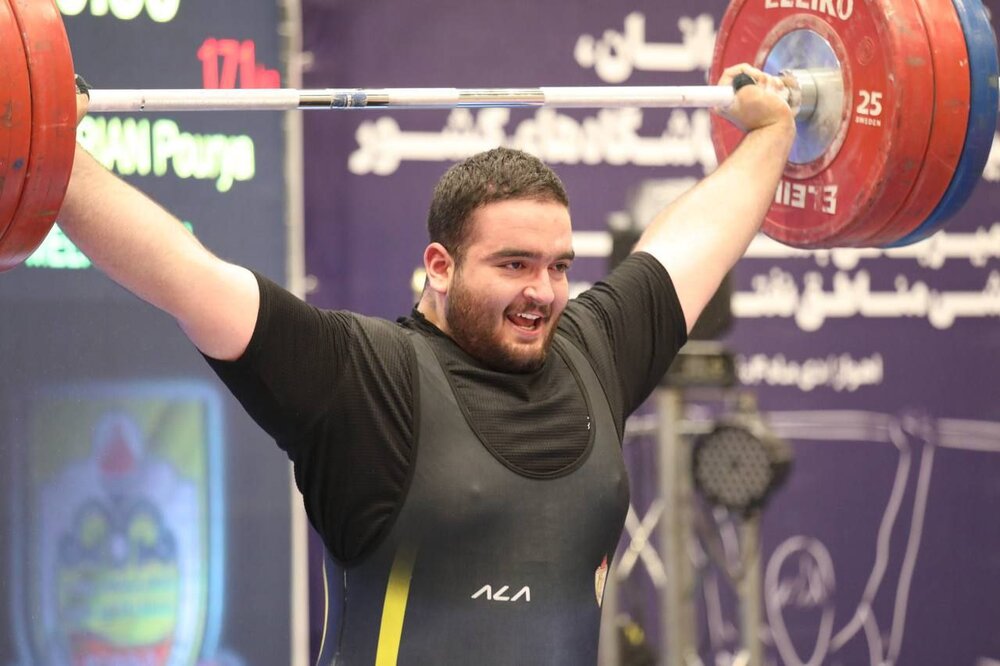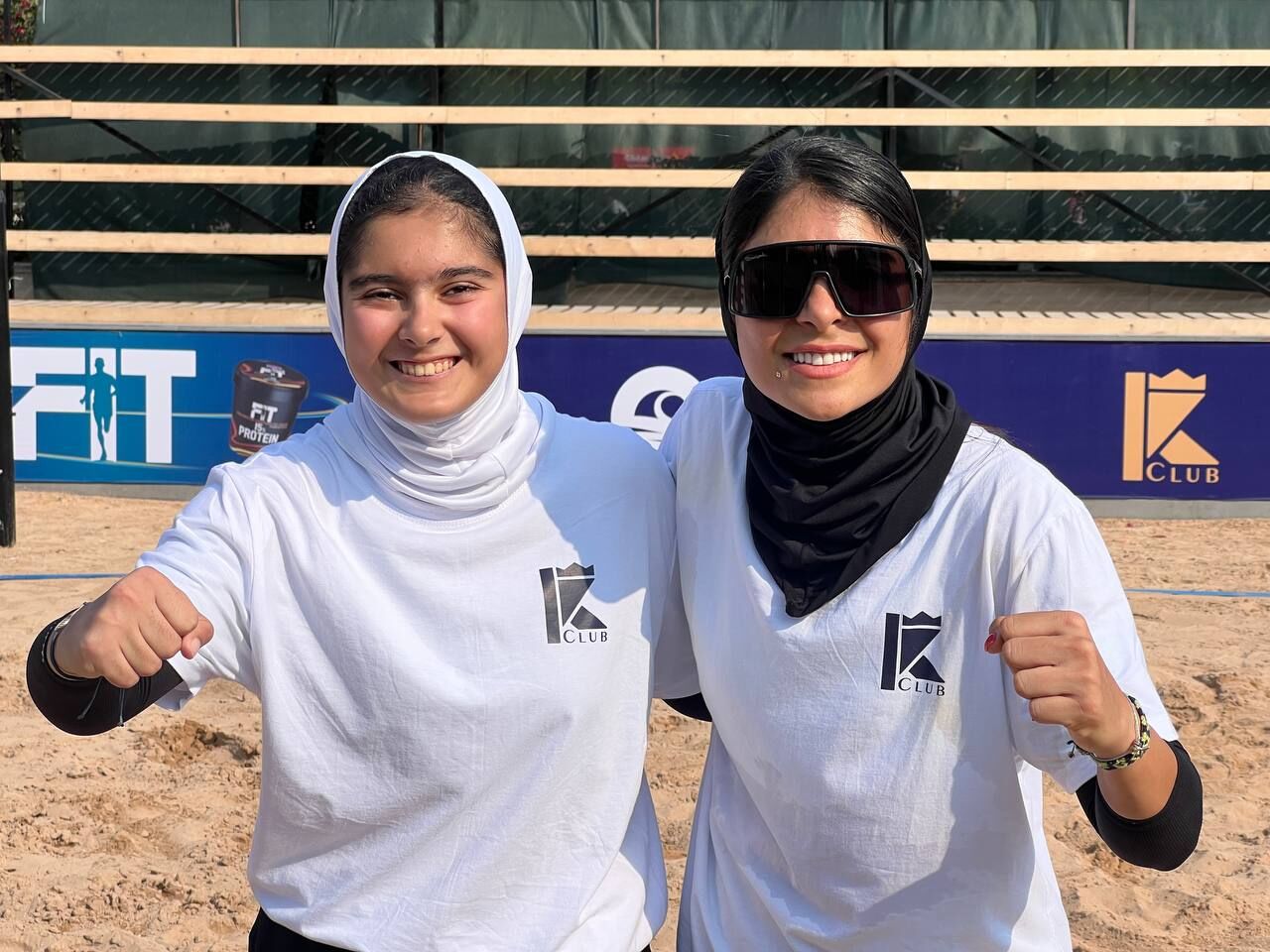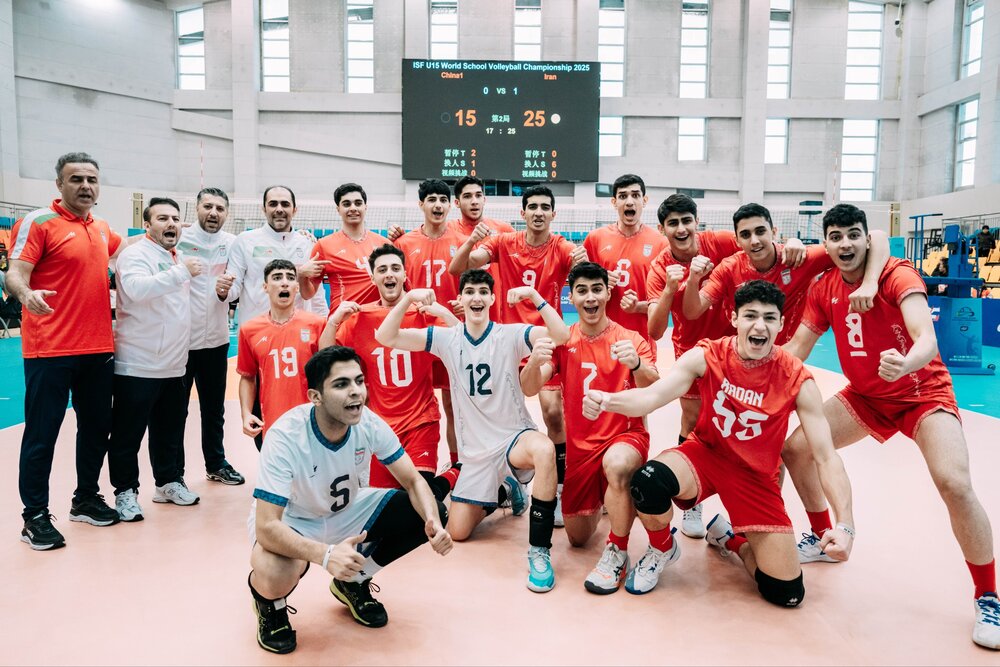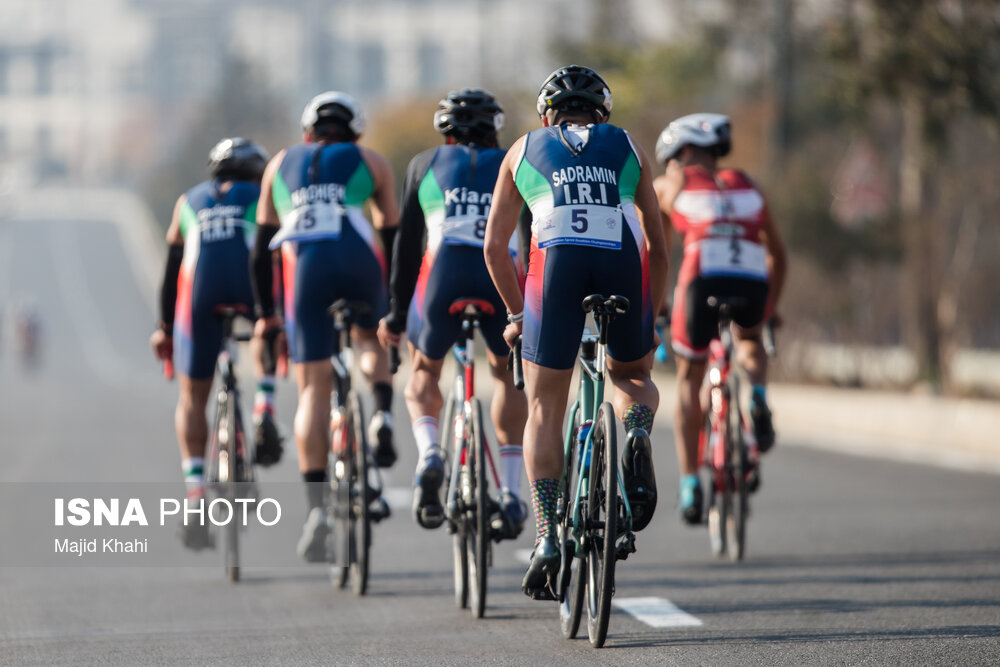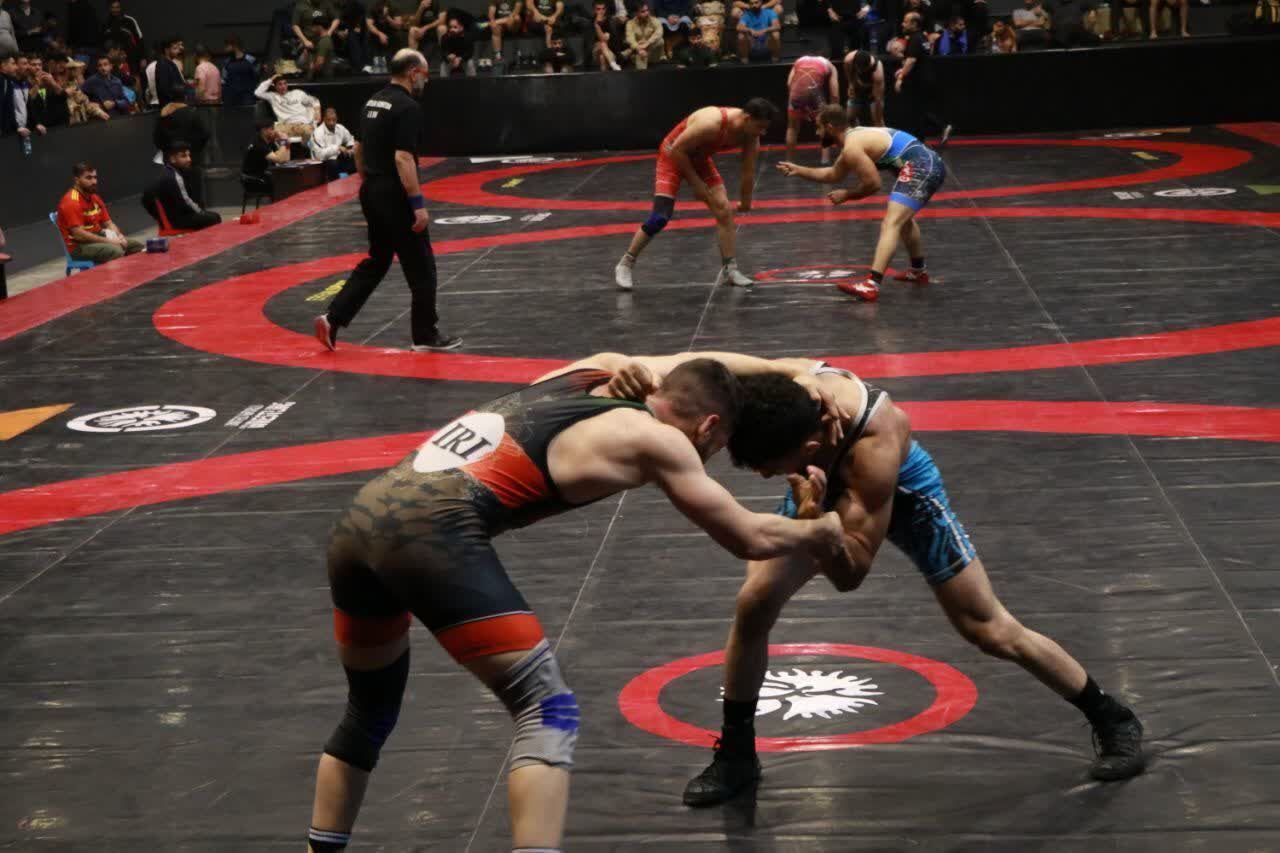What is GenZ 212, the group behind the protests in Morocco?
What is GenZ 212, the group behind the protests in Morocco?

Morocco has been rocked by huge demonstrations since Saturday, calling for better government services and an end to corruption.
During the first three days, the rallies, which have been banned and suppressed by the authorities, were largely non-violent - a principle that the organisers have repeatedly insisted on.
However, on Tuesday clashes erupted with law enforcement in several cities across the North African kingdom.
They continued on Wednesday, leading to the killing of three young men by the police and hundreds of people being injured.
Since the start of the protests, authorities have made hundreds of arrests. In Rabat, more than 200 demonstrators were detained during the first three days, and more than 400 people were arrested after the latest violence. Over 130 people are due to stand trial.
The authorities' handling of the protests has been denounced by several human rights organisations as well as two opposition parties, the Justice and Development Party and the Federation of the Democratic Left.
The Moroccan Association for Human Rights (AMDH) accused the authorities of using “systematic violence" against young people "who were demonstrating peacefully” and condemned the government's "security-oriented approach to social demands".
After failing to comment on the events, Prime Minister Aziz Akhannouch's government finally broke its silence late on Tuesday afternoon, saying in a statement that it "listened to and understood the social demands" of the young demonstrators.
It also stated its readiness to respond to them "in a positive and responsible manner" and authorised, for the first time, the demonstrations that took place on Wednesday. On that day, protesters were heard asking for the fall of Akhannouch.
Behind what is being described as some of the country’s largest demonstrations in years is a grassroots movement named GenZ 212, born online and driven by young people angered by social injustices in the kingdom.
Middle East Eye sheds some light on who they are, what they want, and how the movement could evolve.
Who are GenZ 212?
The GenZ 212 group, whose founders are unknown, emerged on 18 September via calls for protests on social media platforms such as Discord.
It describes itself as a "space for discussion" on "issues that concern all citizens, such as health, education and the fight against corruption".
It adheres to non-violence, repeatedly emphasising its peaceful nature, and expressed its "regret" at the violence that marred the latest protests.
The collective's name refers to Morocco's telephone code, +212, and to the generation of people born between the late 1990s and early 2010s.
Gen Z youths have been in the spotlight lately, after leading protests against corruption and for social justice in various countries.
Starting in Southeast Asia, where they eventually caused the fall of the Nepalese government earlier this month, Gen Z protests have spread to other parts of the globe, such as Peru and Madagascar.
The flag from the manga One Piece, written by Japanese author Eiichiro Oda at the end of the 1990s, has become their rallying symbol and has been seen in protests in locations across the world, including Morocco. The second best-selling graphic novel in the world, with 550m copies sold, tells the story of a band of pirates' as they battle against political oppression.
[It is] difficult for authorities to negotiate or co-opt them, because they don't know who they are'
– Mohammed Masbah, director of the Moroccan Institute for Policy Analysis
Although the Gen Z 212 movement in Morocco emerged only two weeks ago, it has grown from fewer than 1,000 members at its launch to more than 120,000 three days later.
The collective, which appears to function without leaders, is characterised by its fluidity. It operates in a decentralised manner, with discussion forums that are spread out region by region, according to Le Monde, and it communicates via social media and instant messaging.
"It is a unique form of digital social movement characterised by a fluid and loosely organised mobilisation, where shared outrage serves as a collective identity," Aziz Chahir, a Moroccan political scientist in Rabat, told Middle East Eye.
"The lack of centralisation proves to be a strategic opportunity. It allows activists to win over allies, both nationally and internationally, drawing on a transnational grammar of social justice, dignity and recognition that adapts to diverse local contexts."
Their anonymity can also be an asset, making it "difficult for authorities to negotiate or co-opt them, because they don't know who they are," Mohammed Masbah, director of the Moroccan Institute for Policy Analysis, has noted.
What are GenZ 212’s demands?
"Freedom, dignity and social justice" as well as "the people want the fall of c!!!!!!orruption" are some of the collective's main slogans.
The group calls for "reform and development within the framework of the Moroccan state and its institutions", and asks authorities to "prioritise education, health, employment and the fight against corruption" as well as "guarantee the dignity of citizens and true social justice".
The movement is emerging in a tense social climate and in response to years of what is seen as neglect of public services in a country where social inequality is a major issue, primarily affecting young people and women.
‘The movement has broken the wall of fear [and] unveiled the crisis faced by an archaic political class lacking legitimacy’
- Aziz Chahir, lecturer in political science
Moroccans aged 15-30, who represent approximately a quarter of the population, are described as "a particularly vulnerable category", stricken by an endemic unemployment rate of nearly 50 percent in urban areas, while at the same time, inflation on basic goods is hitting households hard.
Beyond these figures, a health tragedy in early September crystallised anger, when eight pregnant women died after caesarean sections in a public hospital in Agadir. This led to demonstrations in several cities to denounce the state of public health services.
"We want a country for all Moroccans, a country for the sick, the illiterate, the unemployed and the poor, not a platform for politicians with full bellies. We need leaders who serve the people, not their own interests," GenZ 212 wrote on Discord on Tuesday evening.
Many demonstrators have also criticised the government's astronomical investment in football infrastructure as Morocco prepares to host the Africa Cup of Nations next year and co-host the 2030 World Cup.
The more than $5bn the state has announced it will spend on organising the Fifa competition has made the shortcomings of its public services, especially hospitals and schools, even more glaring.
According to the World Health Organization, Morocco has fewer than eight doctors per 10,000 people - well below the recommended 25.
"Health first, we don’t want the World Cup" is another of the demonstrators' slogans.
In recent days, as protesters have increased pressure on the government - which is made up of many businessmen, including Akhannouch himself - Gen Z 212 spoke on Discord of an "entire generation, exhausted by years of waiting and consumed by frustration.
"We have almost completely lost faith in successive governments," it said. "This loss is not temporary, but rather the result of a long accumulation of broken promises, which have dangerously weakened trust in official institutions."
Where does GenZ 212 stand on the political spectrum?
GenZ 212 has expressly stated that it has no political or union affiliations.
It therefore distinguishes itself from the February 20 movement, which led to a reform of the Moroccan constitution in 2011, in the midst of the Arab Spring, despite sharing similar slogans and demands.
While the latter was joined by political parties and unions, GenZ 212 claims to be apolitical and does not want to be associated with any political group.
'We are not against the monarchy, nor against His Majesty King Mohammed VI'
– GenZ 212 statement on Discord
It thus warned against what it considers to be attempts at "political recovery" after the former secretary general of the Unified Socialist Party (PSU), Nabila Mounib, held a speech at a sit-in called by GenZ 212 in Casablanca on Sunday.
Some of those arrested during the protests, however, are well-known figures from the left or grassroots movements, such as Farouk El Mahdaoui, national secretary of the PSU Youth Movement, and Abdelhamid Amine, former secretary general of the AMDH.
GenZ 212 also claims to act out of "love of the country and the king".
"We are not against the monarchy, nor against His Majesty King Mohammed VI," it said in a message posted on Discord.
What possible future for GenZ 212?
Although it officially commits to respecting institutions, the movement faces a major obstacle, according to Chahir, namely "the security repression of a power anxious to maintain a political lockdown and which refuses to recognise the emergence of a new political subjectivity".
The "strategy of denial" implemented by the Moroccan authorities could “exacerbate the radicalisation of the movement”, Chahir added, while authorities could attempt "but in vain, to use this to isolate it and discredit it in the name of public security".
Even if the protests lose momentum, GenZ 212 has already had an impact, including by tarnishing the image Morocco seeks to project: that of a modern country set on major construction projects to welcome the World Cup.
"The security obsession to stifle the youth movement blemishes the kingdom's image on the international stage," Chahir said.
But for this analyst, the consequences go further.
"The movement has broken the wall of fear, unveiled the crisis faced by an archaic political class lacking legitimacy, as well as the failure of an uninhibited technocracy," he said.
"Above all, it has highlighted the executive's failures in addressing the legitimate demands" of modern, online activists "and the absence of credible mediators and intellectuals engaged in civic affairs," he said.
If the government "persists in downplaying or demonising this phenomenon, it exposes itself to uncertainties about the sustainability of its own equilibrium," he warned.
However, by moving away from the protest patterns of the past, GenZ 212 could in fact be addressing not the monarch and his government but 22-year-old Crown Prince Moulay El Hassan.
"The movement seeks to invent a direct political language that would address the crown prince as a 'member' of this generation and that would highlight the growing gap between connected, activist youth and patrimonial patterns of governance," Chahir said.







